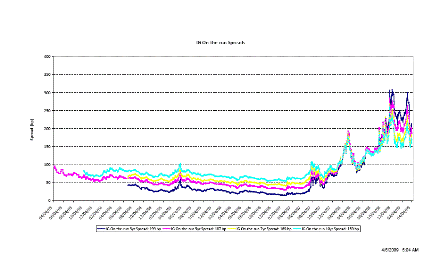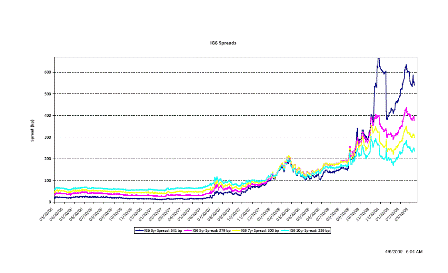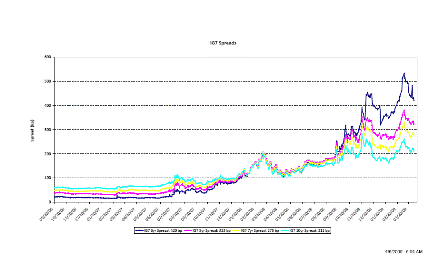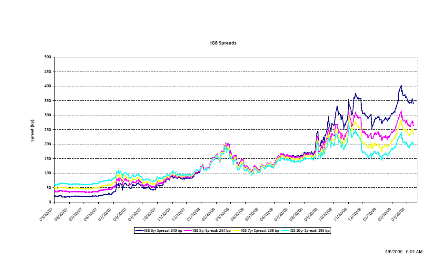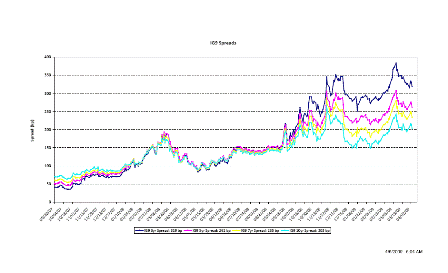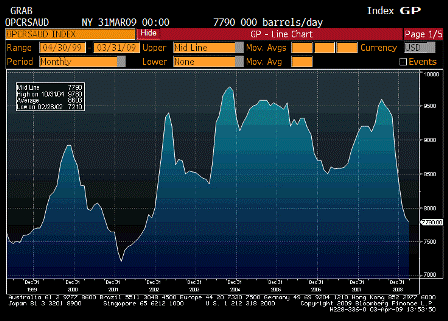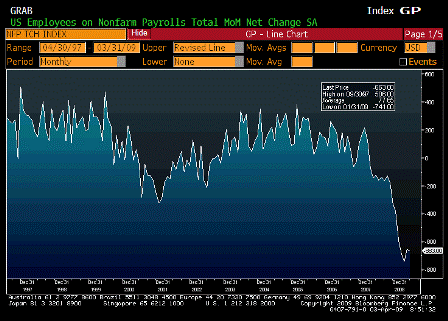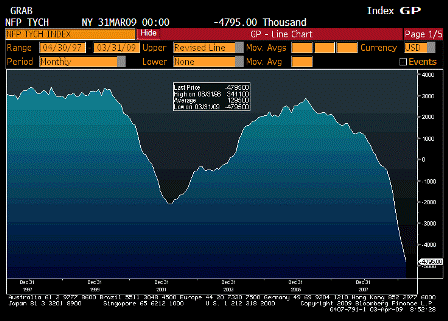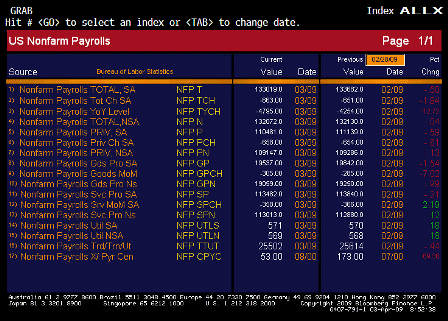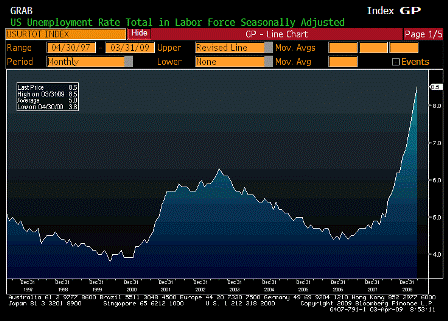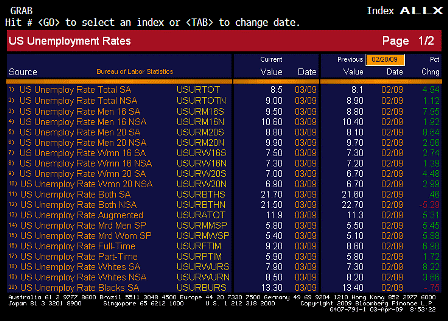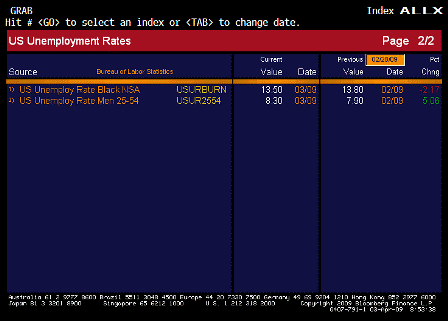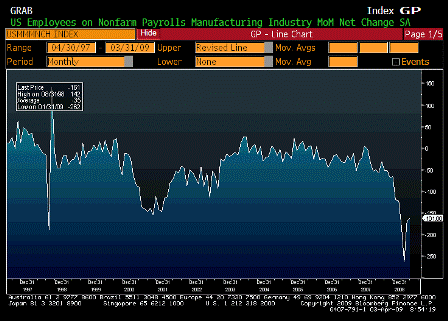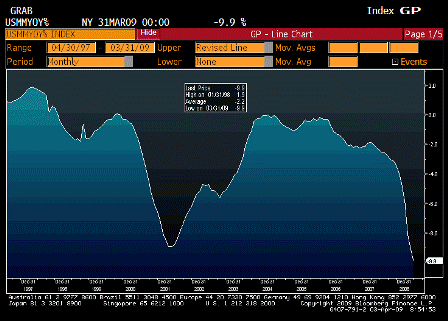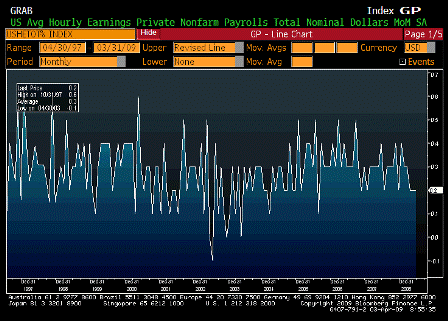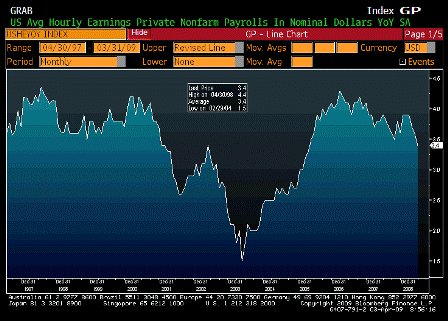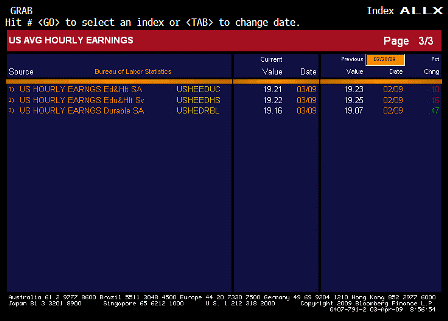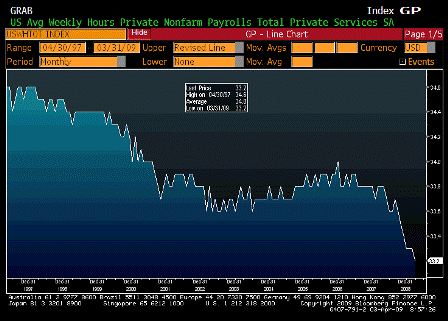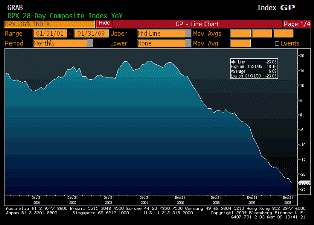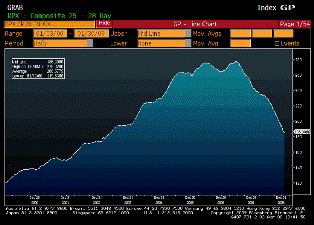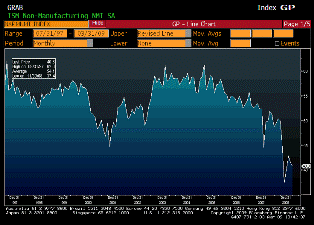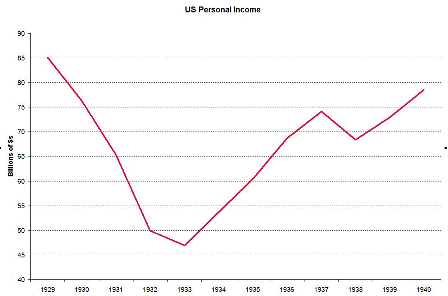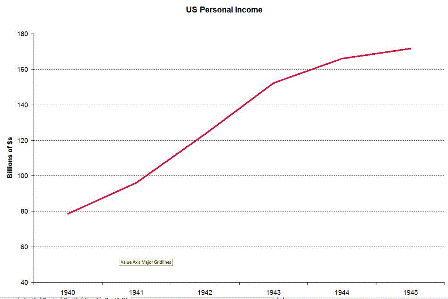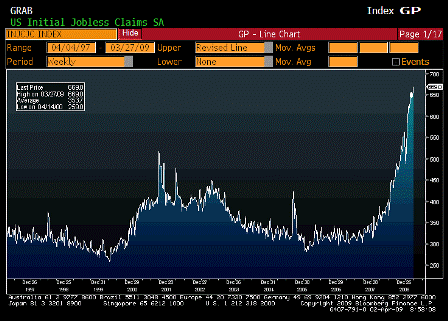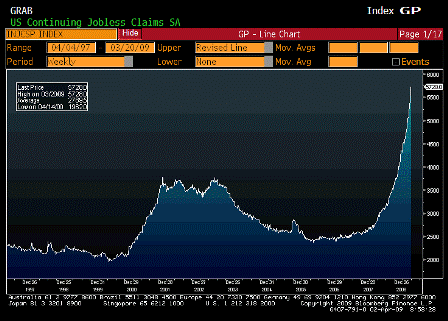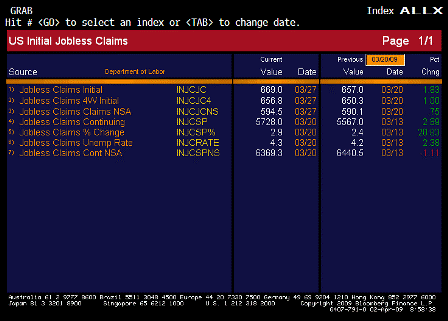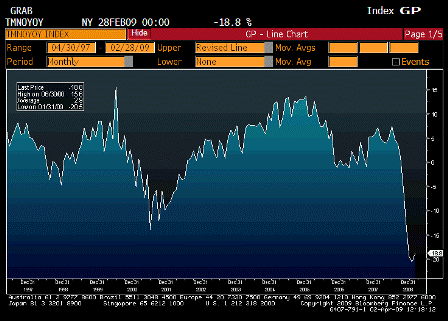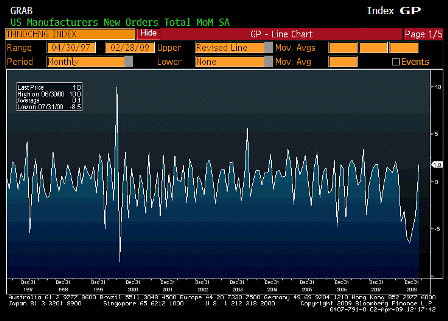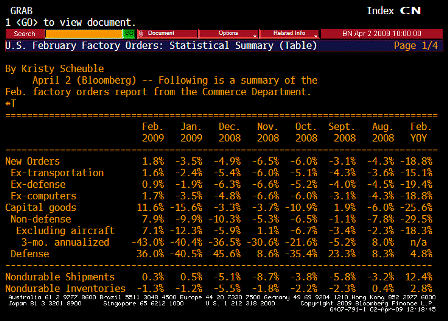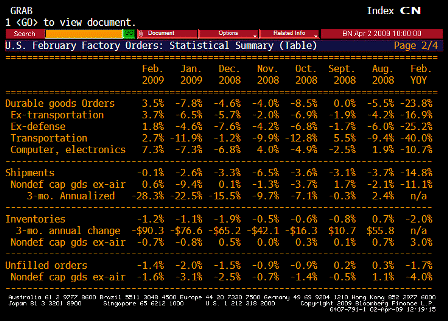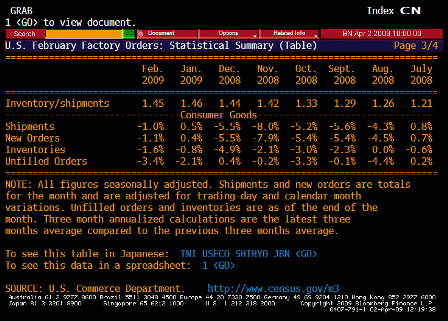Flaherty seems to have the fiscal aspects right today.
Anyone know who his advisors are?
Pace of bank remedies too slow, Flaherty says
by Eric Reguly
Apr 3 (Globe and Mail) — “Running large deficits is inflationary, eventually,†Flaherty said. “The spending will end. It is a use-it-or-lose- it proposition.â€ÂÂ
Flaherty’s Conservative Party government is facing pressure from opposition parties and business groups to take additional measures to bolster growth in the world’s eighth-largest economy, on top of a two-year, C$40 billion ($32.3 billion) stimulus plan he announced in January.
Flaherty reiterated he’s in no rush to add to his stimulus plan and that Canada, along with other Group of 20 economies, is looking to see the impact of measures already taken. The Finance Ministry and the Bank of Canada will act together against the risk of inflation, Flaherty said.
In an interview with Business News Network today, Prime Minister Stephen Harper said the size of the stimulus is less important than the speed at which money flows into the economy. He said new government spending could end up “crowding out†investments by businesses if it takes place in the middle of a recovery.
“The real issue with stimulus is less size than whether these various stimulus packages are actually going to get out the door,†Harper said.
[top]

